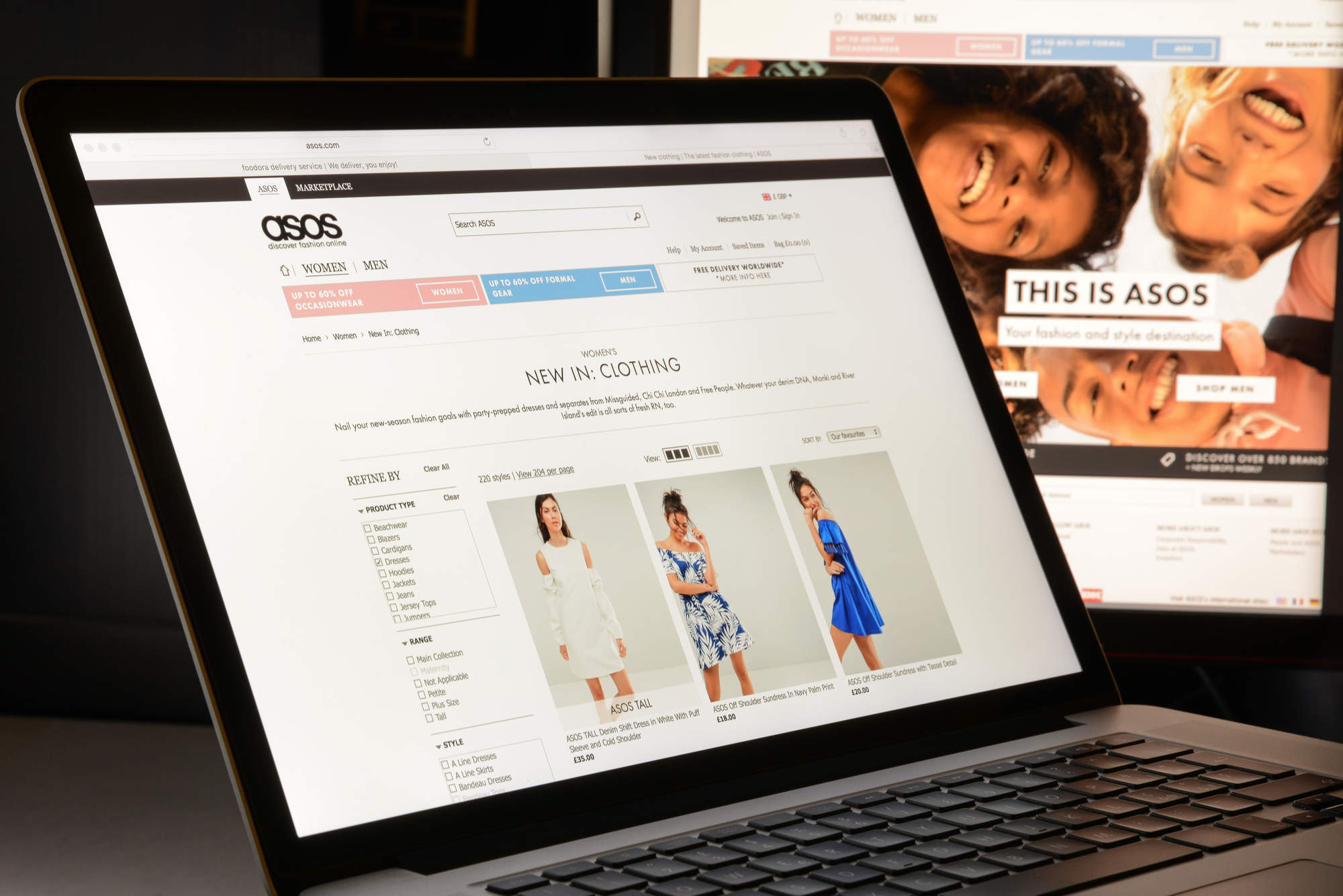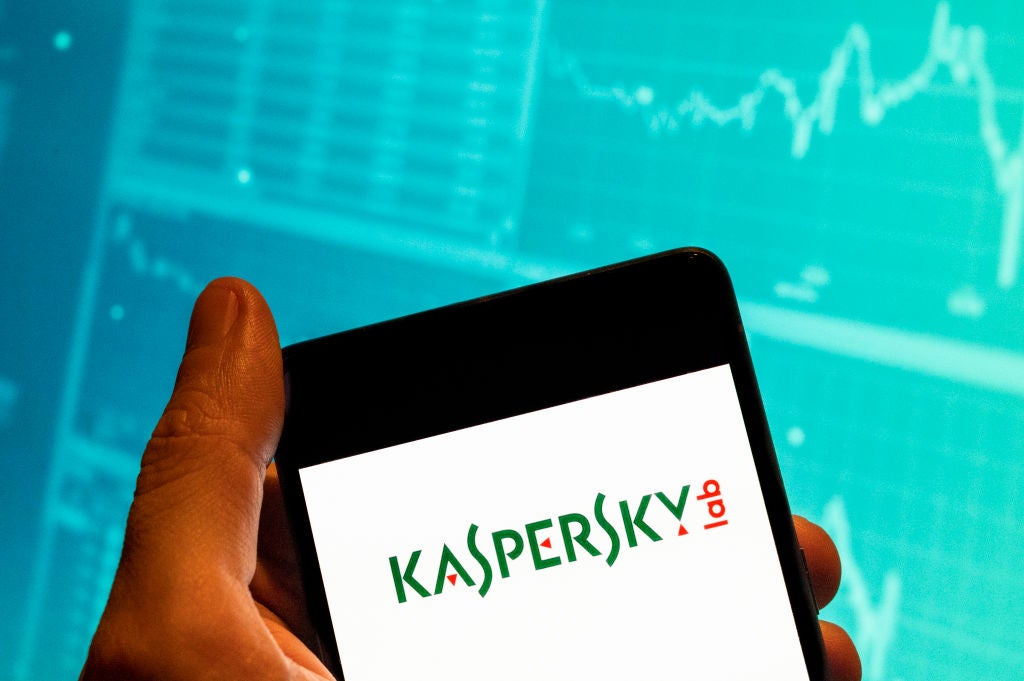
The decision to ban several animal products by online retail giant ASOS has been lauded by animal welfare activists, but for environmentalists it is cause for significant concern. The ASOS silk ban – along with its ban on mohair, cashmere and feathers – is likely to increase the use of plastic-based artificial alternatives, and so further contribute to environmental damage.
For brands targeting the millennial and emerging generation Z markets, this disconnect is a significant challenge. According to research by GlobalData, veganism is seeing a sharp rise in adoption, fuelled primarily by animal welfare concerns.
“The shift toward plant-based foods is being driven by millennials, who are most likely to consider the food source, animal welfare issues, and environmental impacts when making their purchasing decisions,” explained Fiona Dyer, consumer analyst at GlobalData.
According to Slice, in 2016 60% of ASOS shoppers were millennials, with the retailer capturing 2.9% of the total online apparel market for millennials in the same year.
The ASOS silk ban, which is set to come into effect in January 2019, is therefore a savvy move by the brand, which has an excellent track record of meeting the demands and interests of its consumers. Following a previous ban on fur, angora and other rabbit hair, it sees the brand position itself as vegan-friendly and in tune with millennials’ shopping preferences.
Plastics in vegan products
However, as much as veganism is seen as environmentally friendly, many manufacturers of vegan products – particularly in the apparel space – make use of plastic-based alternatives to animal products.
How well do you really know your competitors?
Access the most comprehensive Company Profiles on the market, powered by GlobalData. Save hours of research. Gain competitive edge.

Thank you!
Your download email will arrive shortly
Not ready to buy yet? Download a free sample
We are confident about the unique quality of our Company Profiles. However, we want you to make the most beneficial decision for your business, so we offer a free sample that you can download by submitting the below form
By GlobalDataVegan leather is increasingly popular but is most commonly made using either polyvinyl chloride (PVC) or polyurethane (PU), both of which have a very poor environmental record. And while there are sustainable alternatives, these are generally more expensive to produce, and so are generally confined to the luxury market, such as Stella McCartney’s Eco Faux Leather.
Likewise Rayon, which is often used as a replacement for silk, is manufactured from naturally occurring polymers and so has weak environmental credentials.
Clothing’s role in ocean plastics
The presence of ocean plastics has gained a surge in attention in recent years, with the UK government predicting a threefold increase between 2015 and 2025. It is thought that up to 10% of all plastic produced ends up in the ocean, where it breaks down into increasingly small particles, causes damage to the ocean ecosystem and finds its way into the food chain.
At present much of the focus has been on single-use plastics such as straws, with a ban now being considered in the UK. However, far less attention has been played to the significant role clothing is playing in the build-up of ocean plastics.
A 2014 study found that rayon accounted for 56.9% of ocean microplastics, for example, while an extensive study by US brand Patagonia found that apparel played a key role in plastic’s presence in the ocean.
There is now an island of plastic in the Pacific Ocean three times the size of France.
“A lot of that is your clothes. When your clothes are made of petroleum it takes nearly two hundred years to decompose,” said Bolt Threads CSO David Breslauer in a talk reported by Verdict’s sister title Factor.
How the ASOS silk ban will increase plastic pollution
While luxury brands are increasingly researching natural alternatives to animal products, for brands such as ASOS that cater to the mass consumer market, plastics have a significant presence.
Out of the 50 most recently listed items in ASOS’ own brand collection, which includes clothes, jewellery and accessories, for example, 66% of items were made entirely or mostly out of plastic-based materials, while 16% contained plastics as a minority. Only 18% – 9 items – contained no plastics at all.
Now the ASOS silk ban is being implemented, plastic-alternatives are very likely to increase on the site. And given ASOS sends a reported 70,000 packages each week – the majority of which contain multiple garments – this equates to a significant rise in the number of plastic-containing clothes available to consumers.
The challenge for brands
While brands such as ASOS are keen to be seen as in tune with the welfare-conscious consumer, they cannot maintain their current model of ‘fast fashion’ while simultaneously offering vegan and environmentally friendly products. And according to Bonnie Murthy, co-director of Melbourne, Australia-based retailer Vegan Wares, this is a problem for much of the vegan fashion industry.
“The majority of the vegan market is still caught up in seasonal fashion, which almost by definition is unsustainable (i.e. built-in obsolescence, seduction of new more ‘fashionable’ looks, short product life etc.),” she told The Sydney Morning Herald.
She added that sustainability was considered core to the vegan philosophy, but that “in practice it often runs a poor second to the animal-free element”.
However, with plastic pollution now a growing concern, this issue will become bigger for vegan and environmentally conscious consumers – and brands will need to have an answer.







